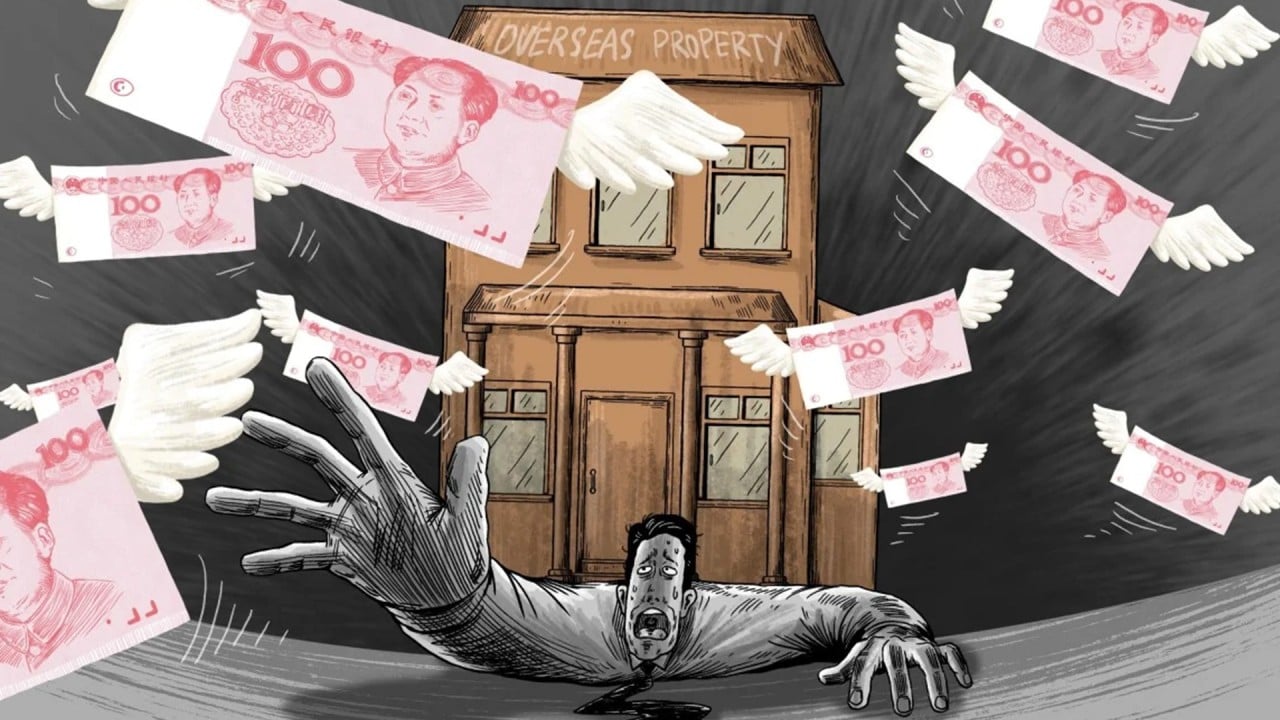
Hong Kong stocks snap 10-day winning streak, slipping from 8-month high as traders cash in on technical bull run
- Robust tourism data for the Labour Day holiday period and easier property measures in mainland China fail to inspire
- The Hang Seng Index had risen in 10 consecutive trading days before today, marking the best winning streak since a 14-day rally in mid-January 2018
The Hang Seng Index slipped 0.5 per cent to 18,479.37 at the close of Tuesday trading, the biggest drop in nearly three weeks. The Tech Index declined 2.1 per cent while the Shanghai Composite Index added 0.2 per cent.
Food delivery platform Meituan tumbled 4 per cent to HK$115.50, gaming firm NetEase fell 5 per cent to HK$152.70, and e-commerce group Alibaba lost 1.8 per cent to HK$78.05. Tencent weakened 1.2 per cent to HK$365.80 while insurance firm AIA declined 2 per cent to HK$61.25.
Before today’s losses, the city’s benchmark had advanced for 10 consecutive trading days, the best winning streak since a 14-day rally that ended on January 12, 2018, as the accommodative policy stance that emerged from April’s Politburo meeting and the cheap valuations of local shares lured investors.
Goldman Sachs, UBS, BNP turn more positive on Chinese stocks
That has brought the rebound from a January low to over 20 per cent, gains seen by technical traders as heralding a bull market. At the same time, the Hang Seng Index’s 14-day relative strength index has risen above 70, a threshold at which analysts deem stocks to be overbought and ripe for a correction.
“Markets still need to be patient,” as Beijing has yet to announce quantitative easing or measures to finance the delivery of pre-sold homes and turn around the economy, Nomura analysts including Ting Lu said in a note on Monday.
Domestic tourists spent a total of 166.89 billion yuan (US$23.56 billion), up 12.7 per cent on the year and a 13.5 per cent increase compared to the same period of 2019.
Other key Asian markets mostly traded higher, tracking overnight gains in the US. Japan’s Nikkei 225 climbed 1.6 per cent and South Korea’s Kospi rose 2.2 per cent, while Australia’s S&P/ASX 200 added 1.4 per cent.


